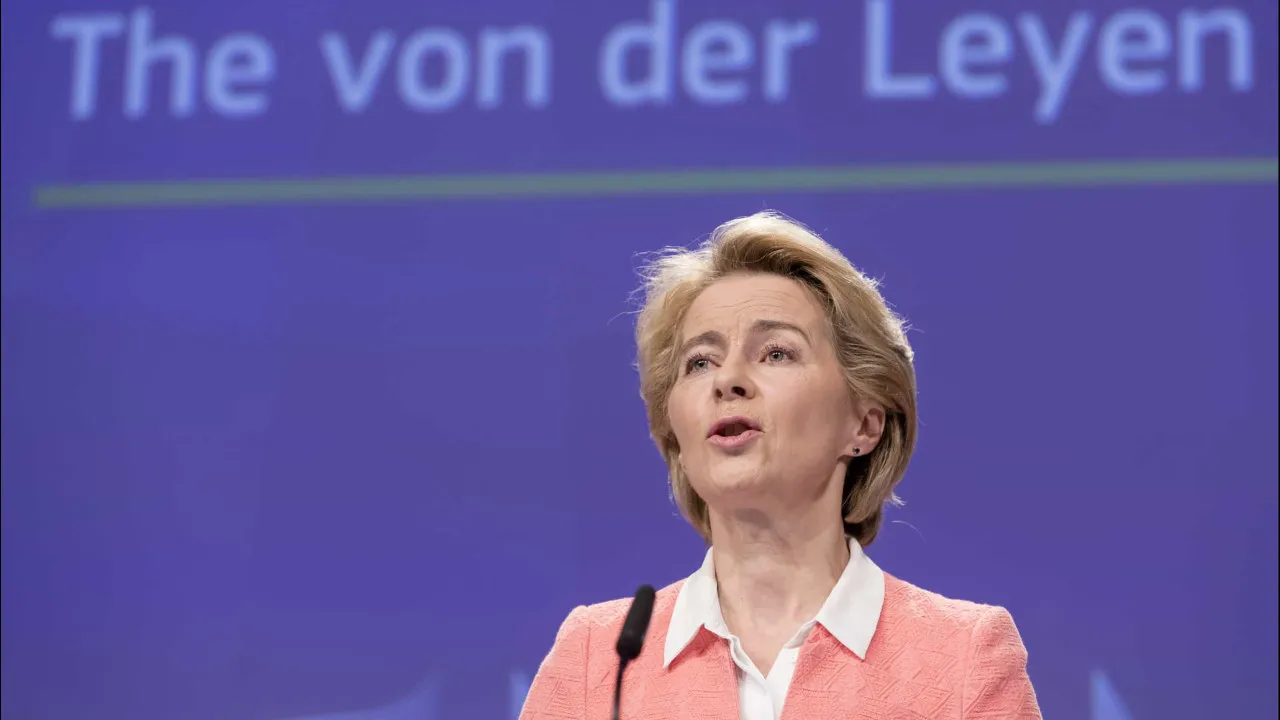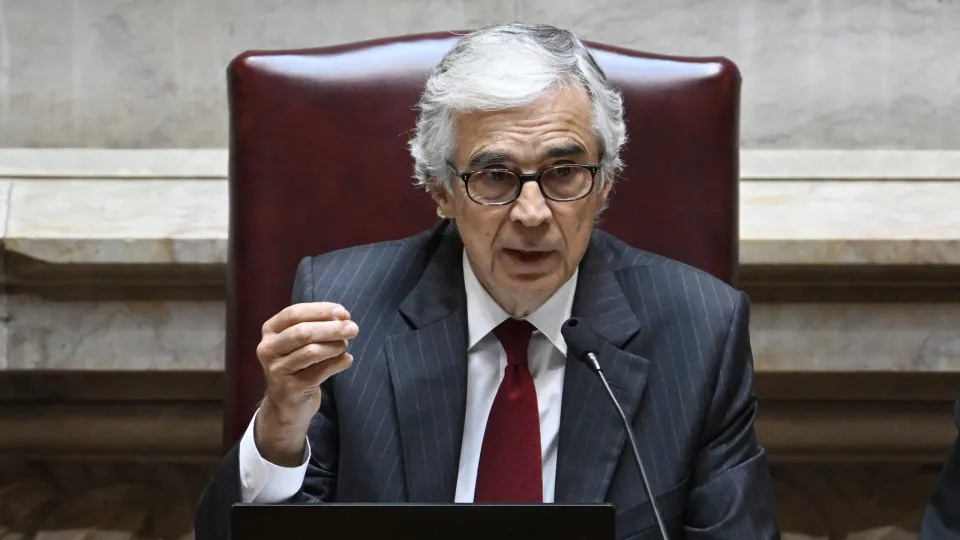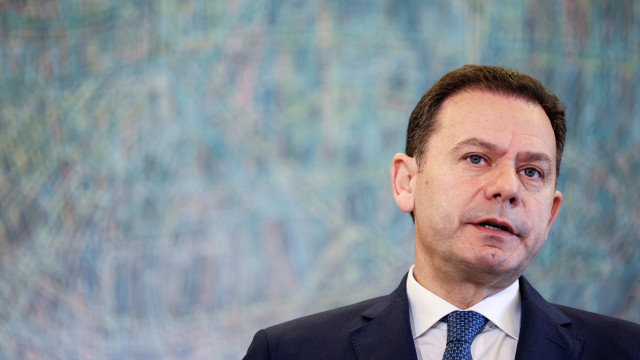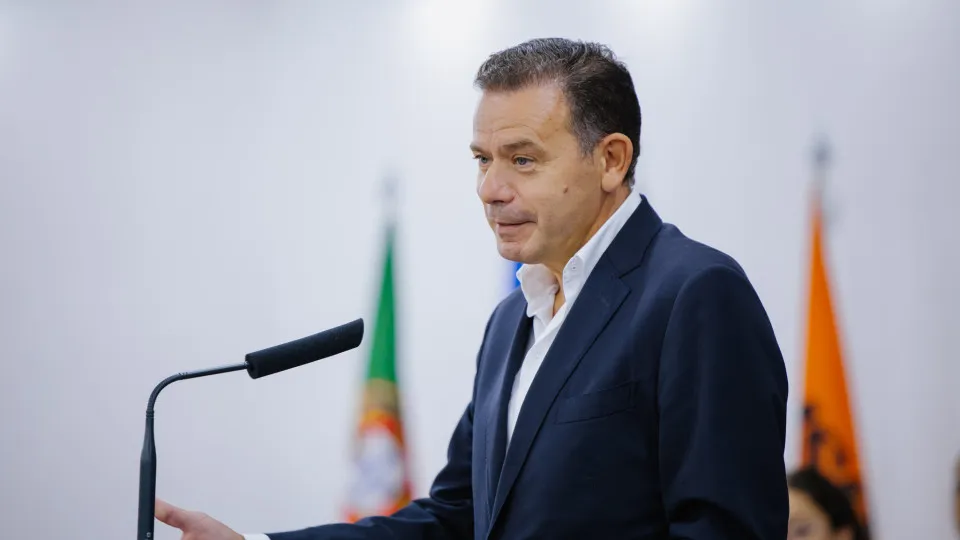
In Brussels today, the European Commission President, Ursula von der Leyen, will unveil to the press the initial proposal package for the upcoming Multiannual Financial Framework (MFF) for 2028-2035. The institution previously asserted that “the new challenges and expectations regarding EU action require reconsideration of the Union’s budget to adapt it for the future.”
“The goal of a free, democratic, strong, secure, prosperous, and competitive Europe demands a reformed and strengthened EU budget – simpler, more flexible, more focused, and with greater impact,” the institution stated at the time.
Specifically, the European Commission seeks “a modern EU budget with a plan for each country featuring fundamental reforms and investments, designed and executed in partnership with national, regional, and local authorities,” including a European Competitiveness Fund, renewed external action funding, rule of law safeguards, and modernized revenues to support common priorities.
The proposal presentation occurs amid geopolitical tensions like the Ukraine war induced by the Russian invasion and substantial trade pressures with the EU’s main economic partner, the United States. This context has led the bloc to reinforce its defense and diversify its partnerships.
Portugal has already indicated it will not accept new priorities sacrificing old ones, insisting that the same level of funds for the Common Agricultural Policy (CAP) and cohesion remain unchanged, with the latter accounting for 90% of public investments in the country.
The EU’s long-term budget allocates about 30% of funds to cohesion and another 30% to the CAP.
In terms of economic competitiveness, it is estimated that the EU needs to invest 800 billion euros annually, equating to 4% of GDP, to address investment gaps and industrial, technological, and defense delays compared to major competitors, the United States and China.
The European Commission estimates the EU will need to invest 500 billion euros over the next decade to support Ukraine against Russia and boost its military capabilities after decades of underinvestment.
Following the proposal’s presentation, negotiations will commence with co-legislators — MEPs (Parliament) and member states (Council) — aiming for the negotiation process to be concluded by 2026.
The current long-term EU budget stands at 1.21 trillion euros.




